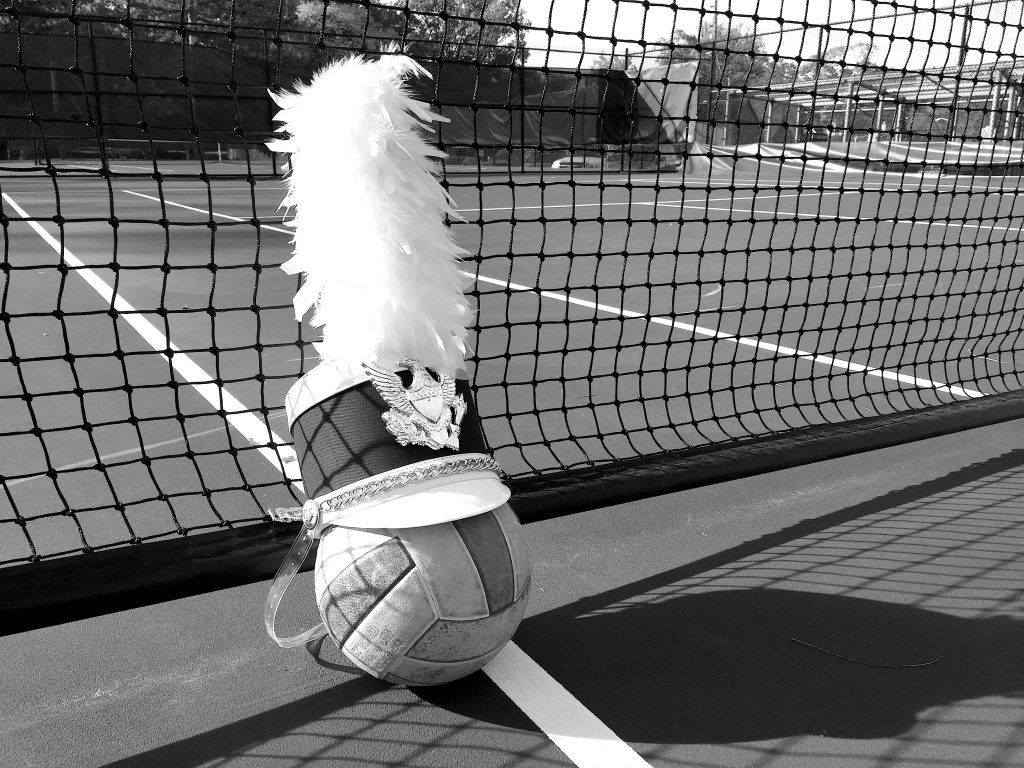Sports have always been an important part of American culture. Today the world of sports is a multi-billion dollar industry. Sports are a constant in the daily lives of Americans, famous players are household names, and big events like the Superbowl are practically holidays.
The importance of athletics to Americans extends far beyond the professional level. American families all across the nation invest thousands of dollars every year into the athletic careers of their children. According to a survey conducted by the National Federation of State High School Associations, 7,807,047 American high schoolers took part in some kind of athletics in the school year of 2014-2015. On a list which ranked all states in the US by the number of high school athletes, New Jersey ranked 8th, with 279,377 athletes.
An interesting result of sports becoming so essential to American culture is that the debate over what a “real sport” is or is not, never seems to go away.
Of course, there are those who only view high contact sports like football, soccer, or basketball to be “real.” Then there are those who are satisfied with the definition that includes all activities, commonly considered to be sports at the high school level. Then finally, there are the people who feel that the term “sport” should included in a far wider spectrum of activities that are just as physically difficult, and certainly take as much commitment as a sport does.
To me, the issue at the heart of this debate is not whether martial arts, fishing, or marching band is a “real sport”, or even a sport at all. To me, the real issue is this: people should not feel the need to justify the purpose or difficulty or merit of whatever interest they might choose to pursue based on some arbitrary comparison to sports.
This is not to say that sports or athletes are bad, because they aren’t. Sports teach hard work, cooperation, and leadership; and no one should try to negate the fantastic values that can come out of participating in one. But it is important to know that these things are not exclusive to athletics.
Who is qualified to say what activities take more or less dedication, or is entitled to figure out a scale upon which the worth of a certain skill can be measured? Are the lessons learned practicing on a field less important than those learned practicing in a studio?
To even attempt to reach some form of an answer to these questions is a pointless exercise, and at the end of the day, it shouldn’t even matter. The skills people can learn through dedicating themselves to something they are passionate about are valuable in their own right, be it in a sport, the arts, or academia. The frankly idiotic practice of trying to compare everything to sports fully ignores that.
Elizabeth O’Keefe
editor-in-chief

